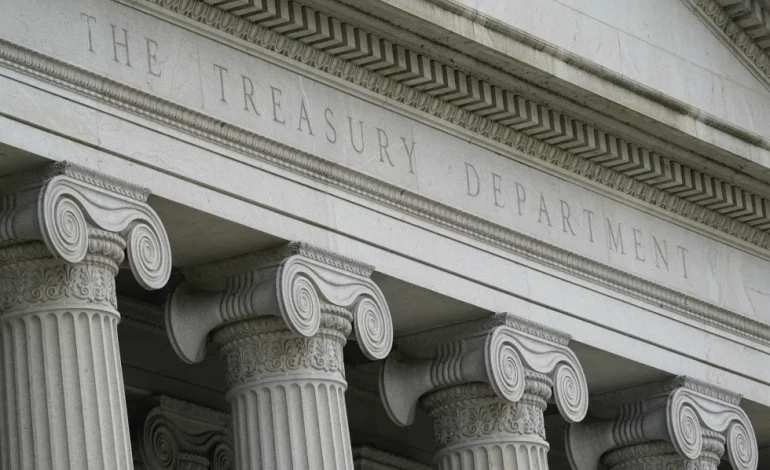In a move aimed at limiting China’s access to advanced military technology, the US Treasury Department announced a new rule that will restrict and monitor American investments in China’s artificial intelligence, semiconductor, and quantum computing sectors, the Associated Press reports.
The rule, set to take effect on January 2, 2024, builds upon an executive order issued in August by President Joe Biden and targets investments that could inadvertently support the Chinese military’s technological advancements.
According to Paul Rosen, Assistant Treasury Secretary for Investment Security, American investments in such areas often go beyond financial support, potentially offering China “intangible benefits” like managerial expertise, skilled talent, and further funding channels.
“US investments… must not be used to help countries of concern develop their military, intelligence, and cyber capabilities,” Rosen stated.
Bipartisan consensus in Washington has driven increasing measures against China’s high-tech aspirations. In May, President Biden imposed tariffs on Chinese electric vehicles and restricted exports of advanced computer chips and related equipment. Former President Donald Trump has also pledged to significantly increase tariffs on all imports from China if re-elected, underscoring a shared concern over China’s technological advancements and potential national security risks.
The new restrictions prompted a swift response from Chinese officials. Lin Jian, a spokesperson for China’s Foreign Ministry, announced Tuesday that the Chinese government lodged an official protest.
“China strongly deplores and firmly opposes the US rolling out restrictions on investment in China,” Lin stated.
Hong Kong’s Chief Executive John Lee expressed concerns about the potential repercussions on global supply chains and investment flows. He argued that these actions, motivated by US domestic political agendas, would hurt not only China but also American interests. Lee pointed out that the US has maintained a $472 billion trade surplus with Hong Kong over the last decade, suggesting the restrictions could also impact American businesses.
The Biden administration consulted with businesses and allied countries before finalizing the rule, seeking to balance national security concerns with economic impacts. Under the new guidelines, US individuals and companies must inform the government of any transactions that involve technologies and products that could threaten national security. Violators may face fines of up to $368,136 or twice the transaction value, depending on the circumstances.
The Treasury Department is establishing an Office of Global Transactions to oversee and enforce compliance with the new rule, with the intent of safeguarding US interests in an increasingly complex global technology landscape.









